Your Proton Therapy Care Path
At Emory Proton Therapy Center, we guide you through every step, from consultation to final treatment and follow-up. Your care team stays by your side, providing support throughout your entire journey.
Step 1
Request a Consultation
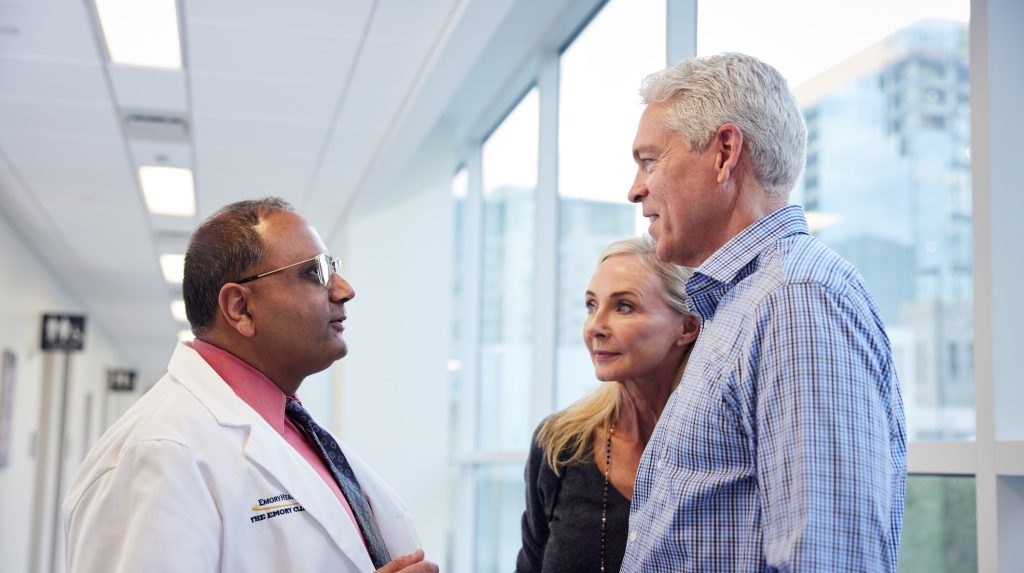
If you have been diagnosed with cancer, our Client Experience Coordinators can help you find out if proton therapy is right for you. They will guide you through next steps, whether that means scheduling a consultation or connecting you with a more appropriate treatment option.
Step 2
Consultation
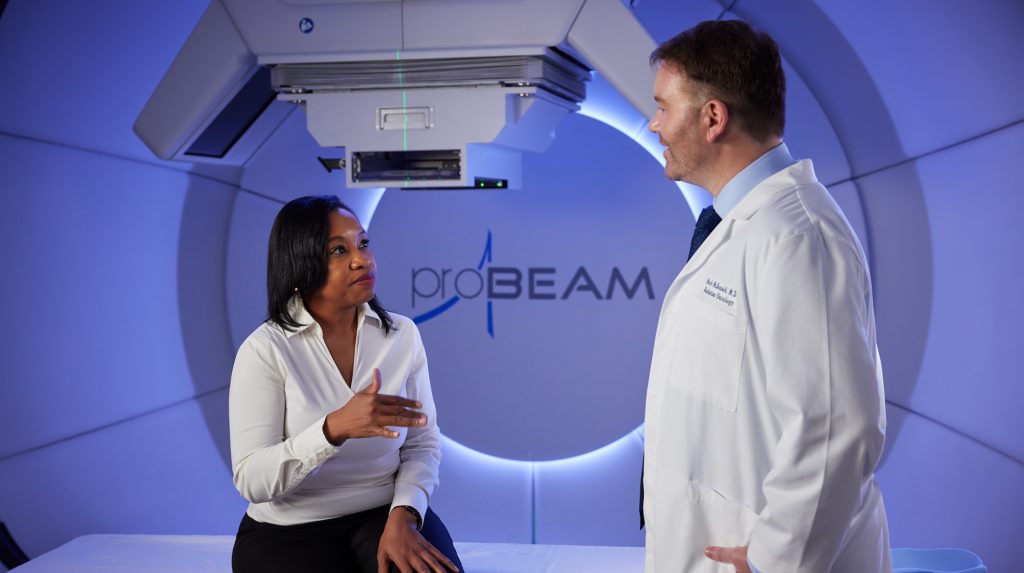
During your consultation, you will meet with a radiation oncologist who specializes in your specific type of cancer. We will review your medical history, perform a physical exam, and determine if additional tests are needed.
We will walk you through all radiation options, explain our recommendations, and answer every question so you can make informed decisions about your care.
Step 3
Simulation
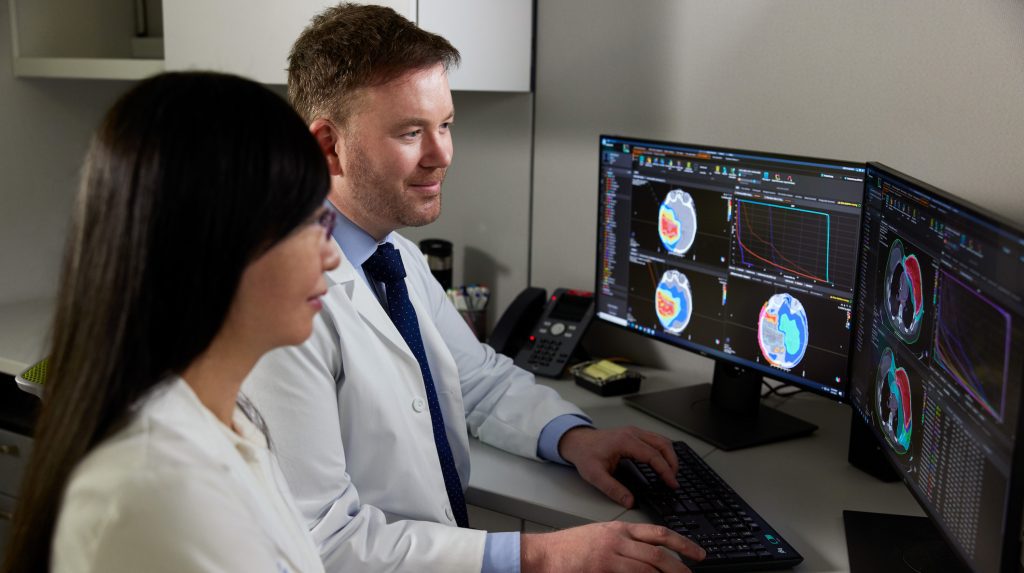
Before starting treatment, you will undergo a “simulation” or a planning session. A CT simulation scan is an image of you obtained in the same position you will be in during treatment each day. These images are used to design your treatment plan and ensure the radiation is placed in the exact location. You may be fitted with a custom-molded cushion and or mask. After the simulation, you will receive additional information about your treatment appointments.
Step 4
Treatment Planning
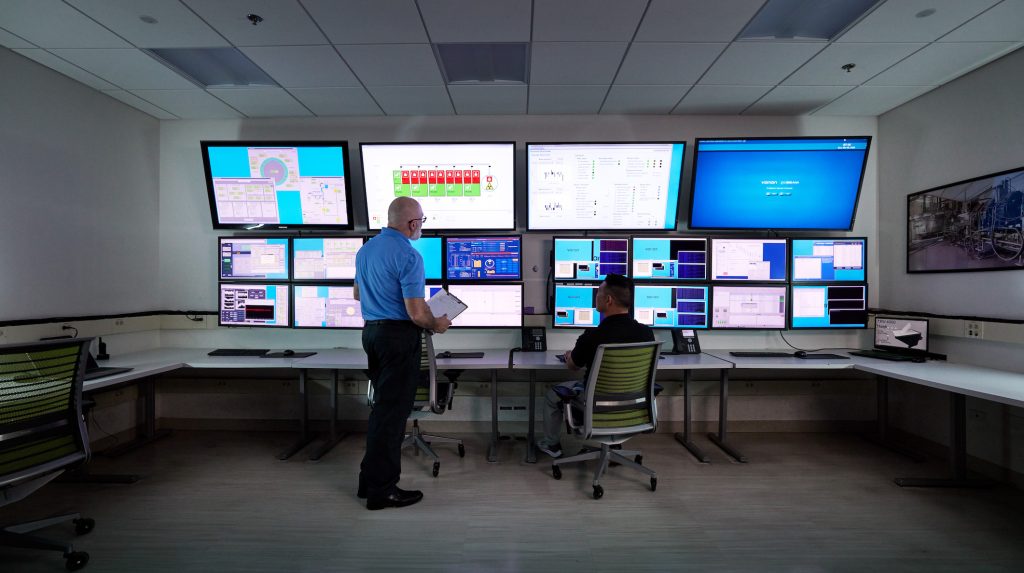
The physician works with a team of medical physicists and dosimetrists to map the exact area for treatment. They identify the target, define nearby organs, and protect healthy tissue from radiation. Advanced software powers a precise, customized treatment plan.
Planning and quality checks take about two weeks after your simulation. Once complete, your care team will schedule your first treatment.
Step 5
Daily Treatment
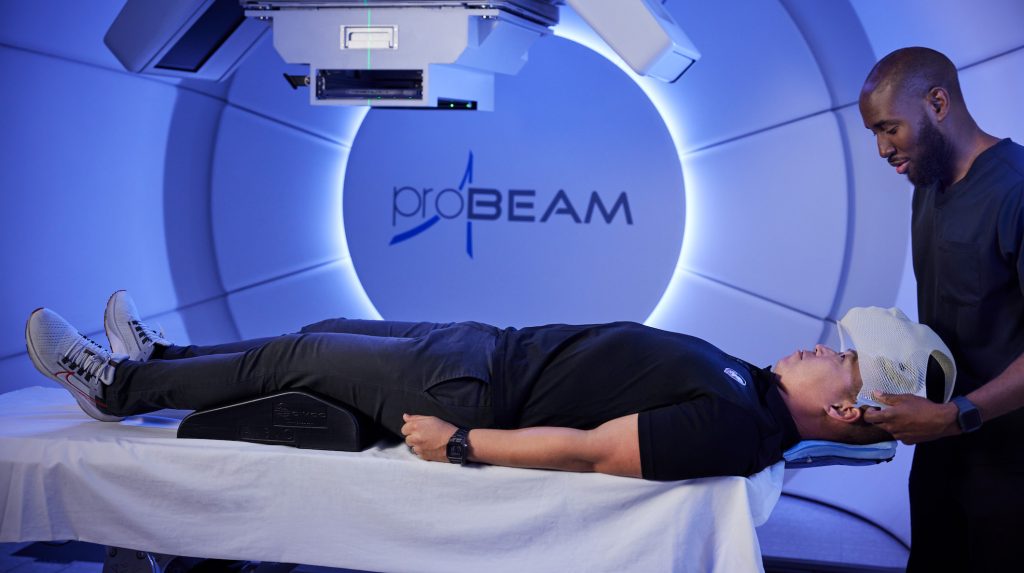
Proton therapy is typically delivered Monday through Friday. Each session lasts about 30 minutes, though timing may vary based on your treatment site. The total number of treatments depends on your diagnosis and will be discussed during your consultation.
You will meet with your care team once a week during treatment. They will monitor your progress, manage any side effects, and adjust your care as needed.
Step 6
Graduation and Beyond
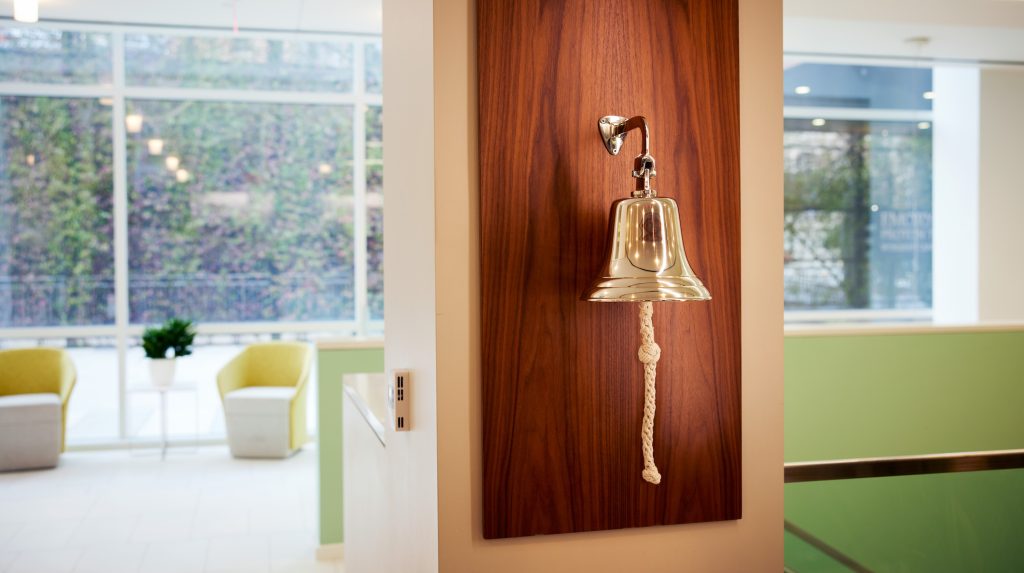
Your physician will talk with you about a long-term plan to determine how your cancer or tumor has responded to treatment. During your recommended schedule of return visits and tests, your doctor, coordinating with your other clinicians, will monitor for possible side effects of radiation, which occasionally show up after radiation is completed.
As part of your ongoing survivorship plan, the team will also recommend healthy behaviors, preventive measures, and information on resources and referrals to other care providers when appropriate.
Request a Consultation
Patient Stories
I’ve been through it, and I can’t say enough about the amazing care I received. The team who handled my treatments was absolutely wonderful, making a difficult time so much easier to navigate.

Carol
Patient , Breast Cancer
My experience at Emory was incredible—it was as easy as drinking water! The therapy sessions only took about 5 to 10 minutes, and right after, I’d go for a 4-mile walk every single day. I had no side effects whatsoever—I can’t even tell that I had the treatment. Emory truly saved my life, and I couldn’t be more grateful.
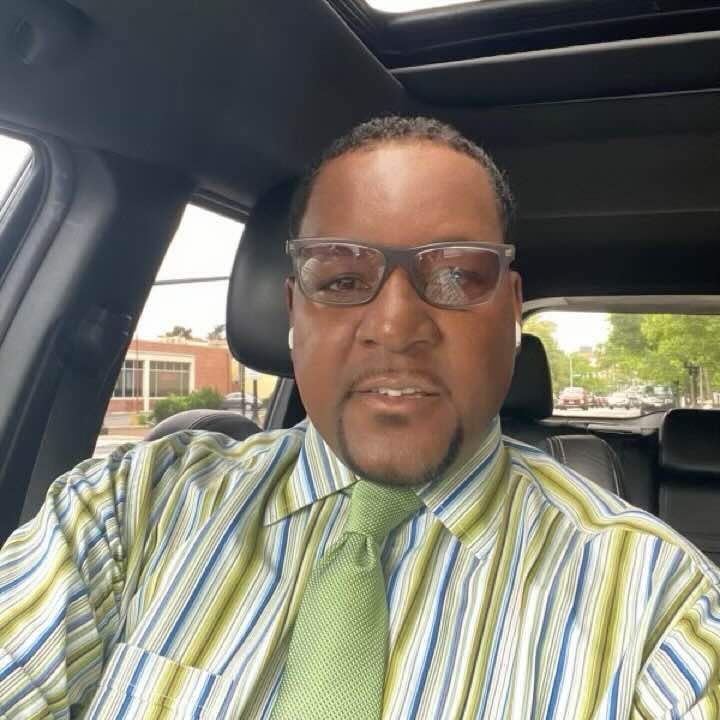
Norman
Patient, Prostate Cancer
Stephen, a 36-year old father from Columbus, Georgia, is one of the almost 2000 patients who have been treated at the Emory Proton Therapy Center since it opened in December 2018. He completed six weeks of proton therapy to treat a brain tumor.
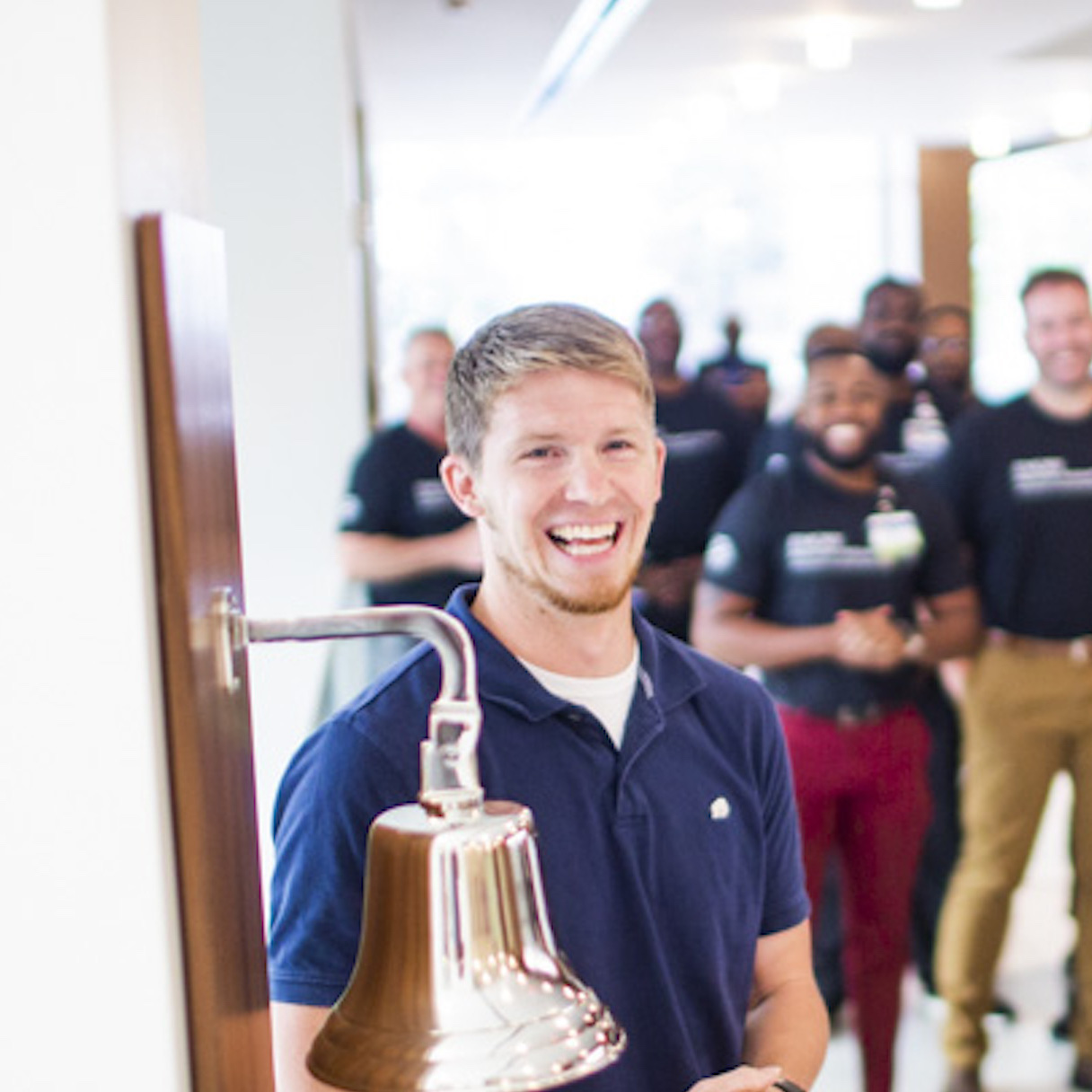
Stephen
Patient, Brain Tumor
Dusty was diagnosed with prostate cancer, an uncontrolled growth of cells in the prostate gland. Upon further consultation and research, he was treated with proton therapy and is excited to see an advanced form of radiation therapy is available at the Emory Proton Therapy Center.
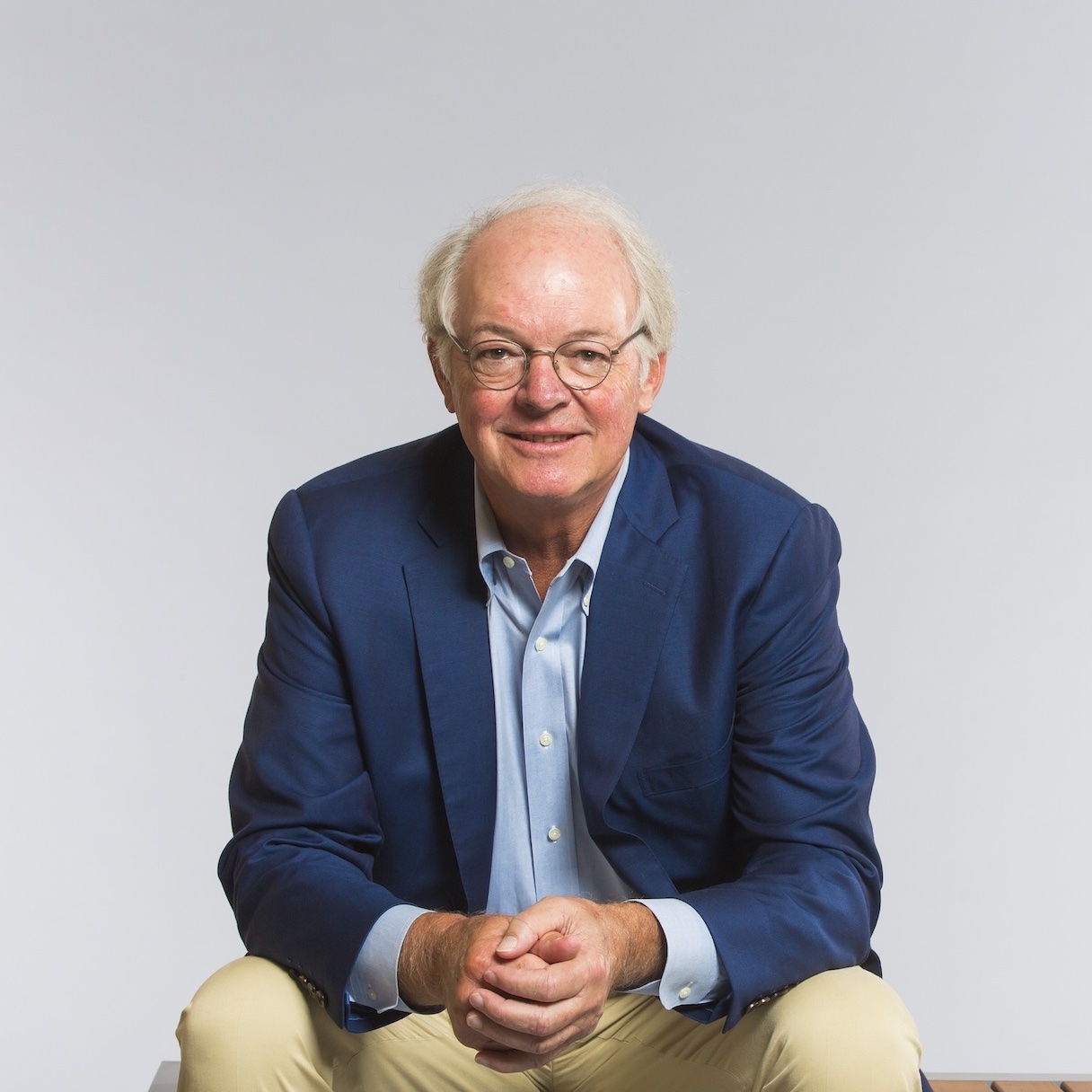
Dusty
Patient, Prostate Cancer
Proton therapy gave Zack his best shot at treating a spinal tumor that had come back. Zack was one of the first patients treated at the Emory Proton Therapy Center after it opened in 2018. The treatments, every weekday for six weeks, took less than one hour of his day and gave Zack the greatest odds of a long life with his wife and children.
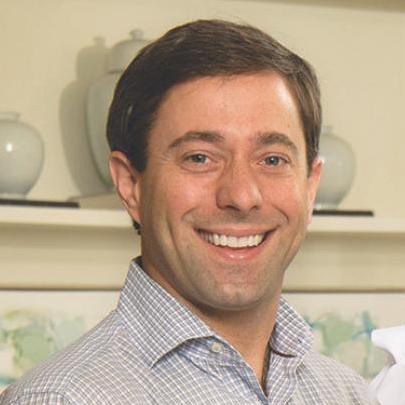
Zach
Patient, Spinal Tumor
Tony was diagnosed with prostate cancer in 2019 and sought care from experts at Emory Proton Therapy Center. He’s confident that the advanced radiation therapy gave him the best cancer treatment possible and says the comfort and care he got from Winship doctors and staff were unmatched. “There were many great solutions here in Atlanta, but the best to me was Emory Proton Therapy Center,” says Tony.

Tony
Patient, Prostate Cancer